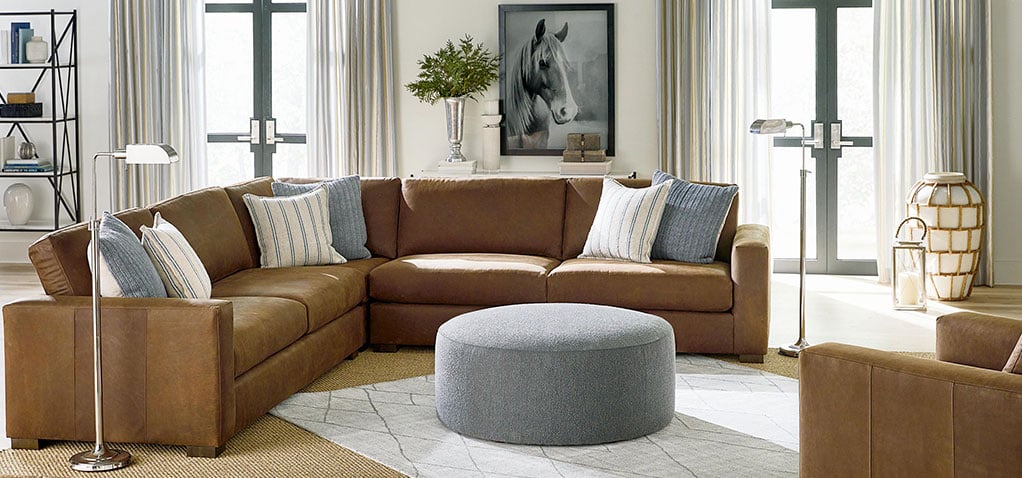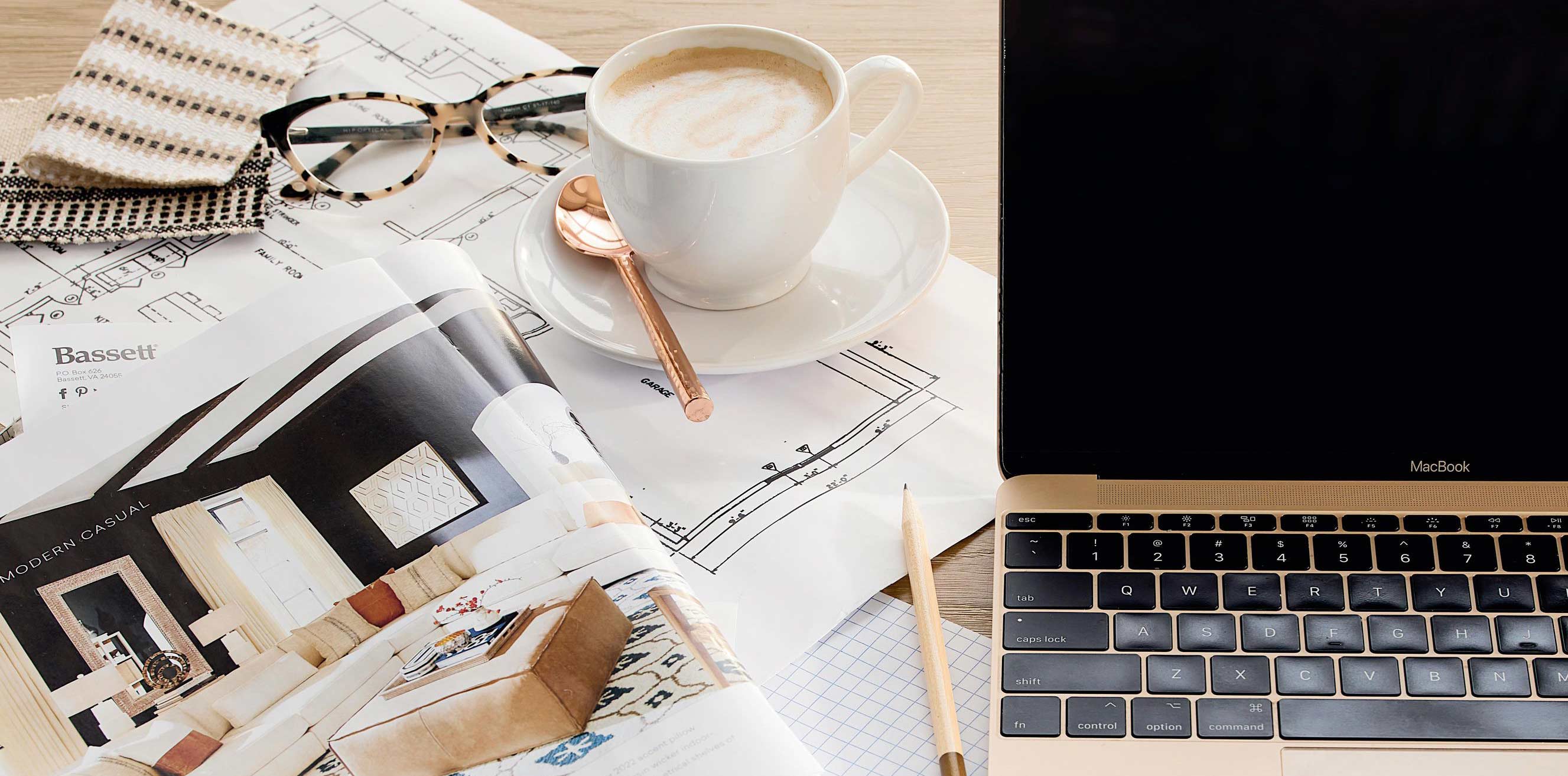Interior Design Styles
Updated 9/19/22
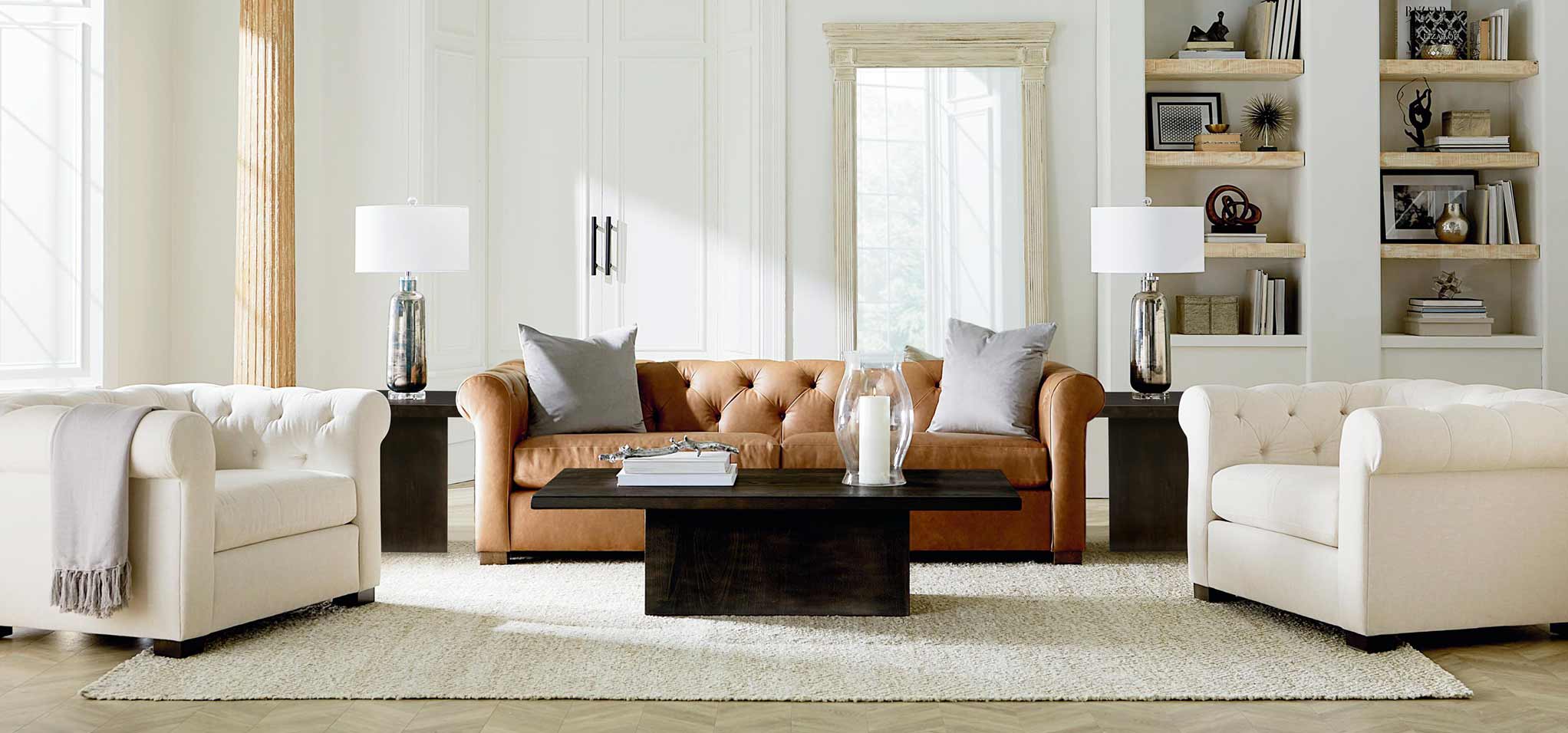
Having knowledge of interior design styles is helpful when decorating a home because knowing the fundamental design principles will help you make design choices with less trial and error while creating interior house styles. This article provides an overview of interior design styles, the art styles that influenced them, and an interior design quiz to help find your style.
Art styles vs. interior design styles
Most interior design styles were influenced by types of design styles and art styles. To truly understand interior design style, it is important to know about the art styles and movements that influenced them to their particular interior decoration styles.
Art movements
Collectively, the term art movement is given to artworks that share the same artistic style, ideals, timeframe, or technical approach. There are no hard and fast rules here about what constitutes an art movement. Grouping artists of a certain period or style helps to understand them within a specific context. Modern art movements are the 20th-century development when a greater variety of styles erupted than at any other period in the history of art.
Following is a brief timeline containing 11 art styles that influenced interior design
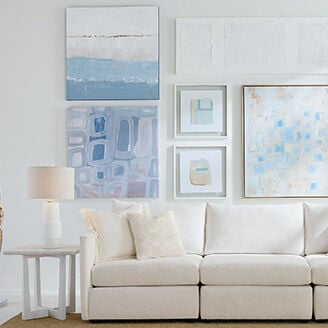
The more you appreciate and understand the different art styles, eras, techniques, and movements, the better you are able to identify and understand your different styles for interior design as well as likes and dislikes, your preferences, and which art style choices would work best in your home.
The 1870s – 1880s Impressionism
An impromptu Plein-air style of landscape painting, Impressionism strives for the exact representation of natural light effects. Porto Venere View is a wonderful example of this art movement.
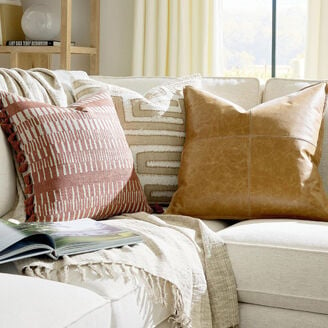
1880s Neo-Impressionism
Based on the optical painting technique called Pointillism, Neo-Impressionism mixes colors before they’re applied to the canvas, primary colors are placed directly onto the canvas -- arranged in groups of tiny dabs or dots -- to allow the viewer's eye to do the "mixing".
1880 – 1920 Arts and Crafts
Widely popular in Western Europe and North America, the Arts and Craft movement served as a reaction and renunciation of the industrial revolution. Arts and Crafts style emphasized simple forms and traditional craftsmanship that harkened back to the guilds.
The 1880s - 1990s Post Impressionism
Art Nouveau is a highly decorative style characterized by intricate flowing patterns of sinuous asymmetrical lines, based on plant forms. Leaf and tendril motifs are popular designs, Natures Imprint tryptic offers a compelling example.
1890 – 1914 Art Nouveau
Post Impressionism incorporates many styles of painting, some with a rigorous classical approach to Plein-air painting; indoor studio painting; or painting outdoors not to capture nature but to express inner emotions.
1905 onwards Expressionism
Expressionism aims to portray an interpretation of a scene rather than simply replicate its true-life features. Stormy Sea I and II are beautiful examples.
1908 - 1914 Cubism
Cubism refocused attention on the essential 2-D nature of the flat canvas, overturning conventional systems of perspective and ways of perceiving form, in the process. See Mid Century Collages I, II, and III.
1885 onwards Photography
Photography grew more important than ever in this era of modern art. Some of this modern art movement's photographic genres developed include street photography, documentary photography, and fashion photography. Fine examples of organic subjects include X-Ray Leaves, Agave Detail, Logging, Approaching Spring, Frosty Pasture, and Within the Forest.
1912 onwards Collage Art
Collage art can involve objects trouvés, like bits of paper, photographs, fabric, and other 'found' items to create a mixed-media effect. Witnessing Glory and Mid-Century Collage tryptic are favorites.
1925-1940 Art Deco
Art Deco replaced Art Nouveau’s flowing curvilinear shapes with dramatic and inspired geometric forms. Art Deco features lacquered and mirrored surfaces, sunburst and chevron decorative pieces, and a bold color palette.
1958-1970 Pop-Art
Pop-Art and expressionist abstract styles combine inspiration, creative techniques, and philosophy from popular and commercial culture. These unusual sources can encompass film, advertising, product-packaging, pop music and comic strips reflecting the mass consumerism of America in the 1960s. Using bold, easy-to-recognize imagery, and Maxwellvibrant block colors prove good art can be low-brow and made of anything. Dramatic Lemon and Dramatic Orange give a subtle nod to this style.
The 1960s to today Minimalism
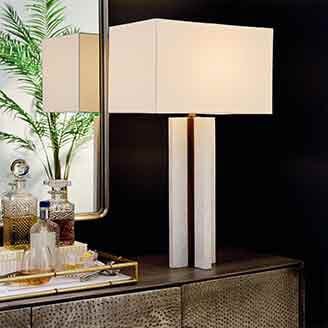
The modern art movement known as Minimalism is known for its extreme simplicity of form and is generally composed of precise, hard-edged, geometric forms, with rigid planes of color in cool hues or sometimes just one. Vertices and Silver Sculpture Wall Hanging represent this movement, Nature’s Imprint is a softer take on minimalism altogether. If you believe, "less is more," then you are some of the few minimalists left on this earth. Embrace open spaces and clean, subtle furniture, and you'll feel like your home is where you can feel at peace with both yourself and one another.
Interior design styles
Looking for a new look for the interior design of your home? There are plenty to choose from, some familiar and some you may not recognize. Learn the defining characteristics of the top 12 interior design styles, and see which one strikes your fancy. You may find a new favorite.
5 primary interior design styles
Design styles can help express your personal preferences and creativity. Below are five broad types of interior design styles. Most of the more specific interior design styles incorporate at least some of the characteristics from these primary styles.
9 more specific interior design styles
Articulating each style's defining elements can help you to fully comprehend just what you are looking for as you scan an array of design photos. Here are brief descriptions of a dozen popular interior design styles
Furniture styles
So how are interior design and decorative styles any different than furniture styles? While the characteristics of the styles are often similar, the difference between interior design style and furniture style is a matter of scope. The aesthetic qualities and functional philosophy of an interior design style is wider than furniture, extending its reach to the functionality of living spaces (which also includes furniture). For more information on furniture design, check out this article on furniture styles.
